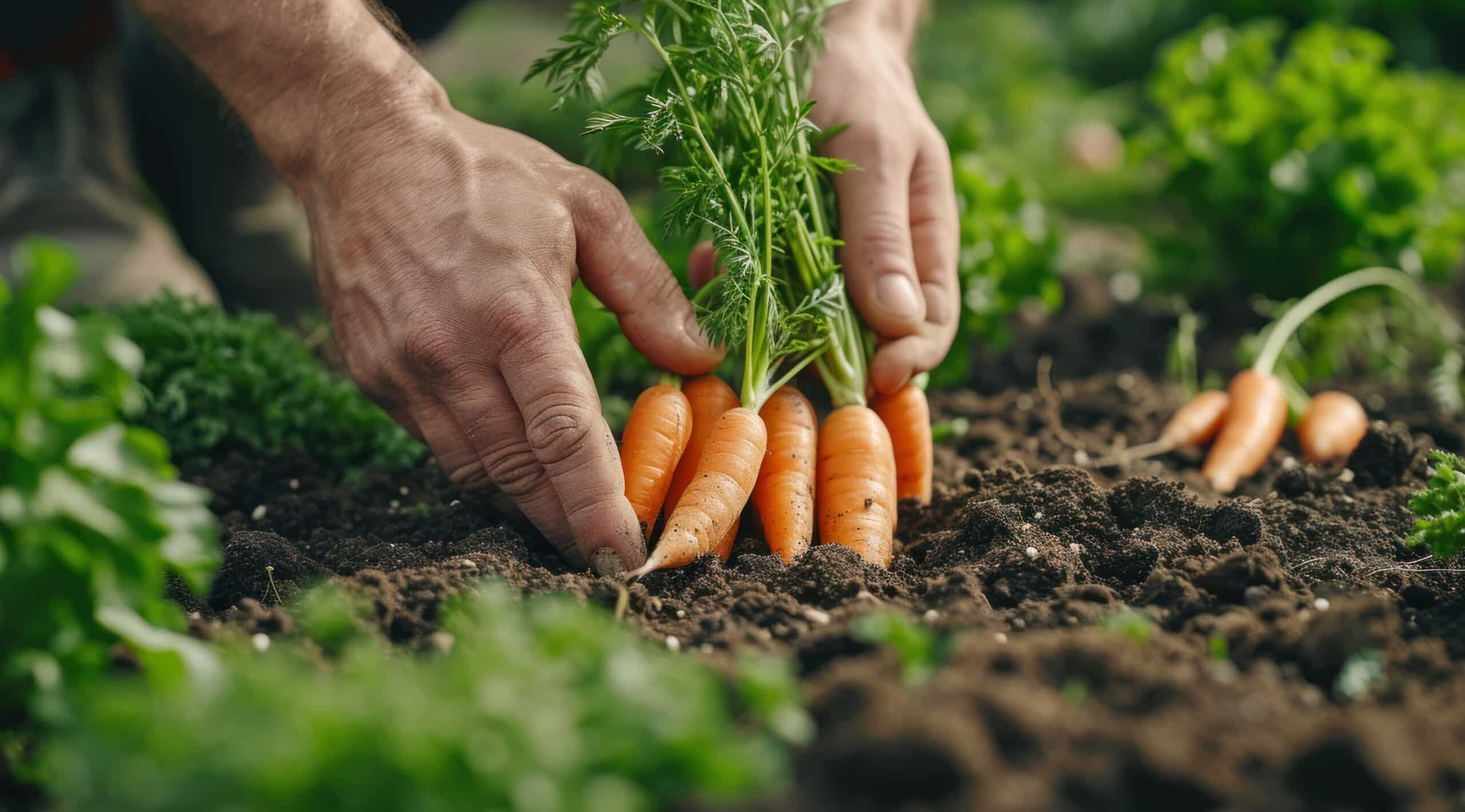What Veggies Should Not Be Planted Together?
Key Takeaways
- Beans and onions should not be planted together due to different soil preferences and potential nutrient imbalances.
- Tomatoes and potatoes should not be planted together as they are susceptible to similar diseases and can reduce overall yield.
- Corn and tomatoes should be kept separate as they compete for nutrients and corn can hinder tomato growth.
Companion planting is a gardening technique that involves planting different crops together to maximize their growth and health. However, not all vegetables are compatible with one another. In this article, we will explore the vegetables that should not be planted together based on expert advice and research.
1. Beans and Onions
Beans and onions should not be planted together because beans require a slightly acidic soil, while onions prefer alkaline soil. Planting them together can lead to nutrient imbalances and hinder the growth of both crops.
2. Tomatoes and Potatoes
Tomatoes and potatoes belong to the same plant family, Solanaceae, and are susceptible to similar diseases, such as blight. Planting them together can increase the risk of disease spread and reduce the overall yield of both crops.
3. Corn and Tomatoes
Corn and tomatoes should not be planted together because they are both heavy feeders and compete for nutrients in the soil. Additionally, corn can provide shade and hinder the growth of tomatoes.
4. Tomatoes and Brassicas
Brassicas, which include vegetables like cabbage, broccoli, and cauliflower, release natural chemicals that can inhibit the growth of tomatoes. It is best to keep these plants separate in the garden.
5. Cucumber and Squash
Cucumbers and squash are prone to similar diseases, such as powdery mildew. Planting them together can increase the risk of disease spread and reduce the overall productivity of both crops.
6. Lettuce and Celery
Lettuce and celery have different water requirements. Lettuce prefers a moist environment, while celery prefers a drier one. Planting them together can lead to watering issues and affect the growth of both crops.
7. Fennel and Tomatoes
Fennel produces chemicals that can inhibit the growth of tomatoes. It is advisable to keep these two plants separate to ensure the optimal growth of each crop.
8. Peppers and Cabbage
Peppers and cabbage should not be planted together because they have different soil pH preferences. Cabbage prefers a slightly acidic soil, while peppers thrive in a more alkaline environment.
9. Potatoes and Zucchini
Planting potatoes and zucchini together can increase the risk of disease transmission, particularly late blight, which affects both crops. It is best to separate them to minimize the spread of diseases.
10. Carrots and Parsnips
Carrots and parsnips belong to the same plant family and can cross-pollinate if planted together. Cross-pollination can result in undesirable characteristics in the offspring. To maintain the quality of both crops, they should be grown separately.
11. Asparagus and Onions
Asparagus and onions have different growth habits and nutrient requirements. Planting them together can lead to nutrient imbalances and affect the overall health and productivity of both crops.
12. Pumpkins and Summer Squash
Pumpkins and summer squash are both vining plants that require ample space to grow. Planting them together can lead to overcrowding and hinder the development of both crops.
13. Fennel and Eggplant
Similar to fennel and tomatoes, fennel can inhibit the growth of eggplant. It is advisable to separate these two plants to ensure optimal growth and productivity.
14. Peas and Garlic
Peas and garlic should not be planted together because garlic can stunt the growth of peas. It is best to keep these crops separate to ensure their individual health and productivity.
While these are some of the vegetables that should not be planted together, it’s important to note that companion planting is not an exact science. Factors such as soil conditions, climate, and garden layout can influence the success of companion planting.
For more information on companion planting and suitable companion plants for common vegetables, refer to the following resources:
Related Websites:
FAQs:
Q: What is companion planting and why is it important?
Companion planting is the strategic arrangement of different plants in close proximity to benefit each other. It is important because it can enhance growth, deter pests, and improve flavor in your vegetable garden.
Q: What factors should I consider for vegetable pairing?
When pairing vegetables, consider sunlight requirements, soil compatibility, and watering needs. Different vegetables have varying sunlight needs, prefer specific soil pH levels, and require different amounts of water.
Q: Which vegetables should not be planted together?
Tomatoes and Cabbage Family, Onions and Beans, and Potatoes and Squash should not be planted together. Planting these combinations can lead to negative effects and potential problems in your garden.
Q: Can you suggest some vegetable companion plantings?
For optimal growth and benefits, consider pairing compatible vegetables. Some examples include planting tomatoes with basil, beans with carrots, and lettuce with radishes.
Q: Why is it important to consider vegetable pairings in gardening?
Considering vegetable pairings in gardening is important because it can help maximize growth, protect against pests, and improve overall garden health. It is worth researching further and experimenting with companion planting techniques.






